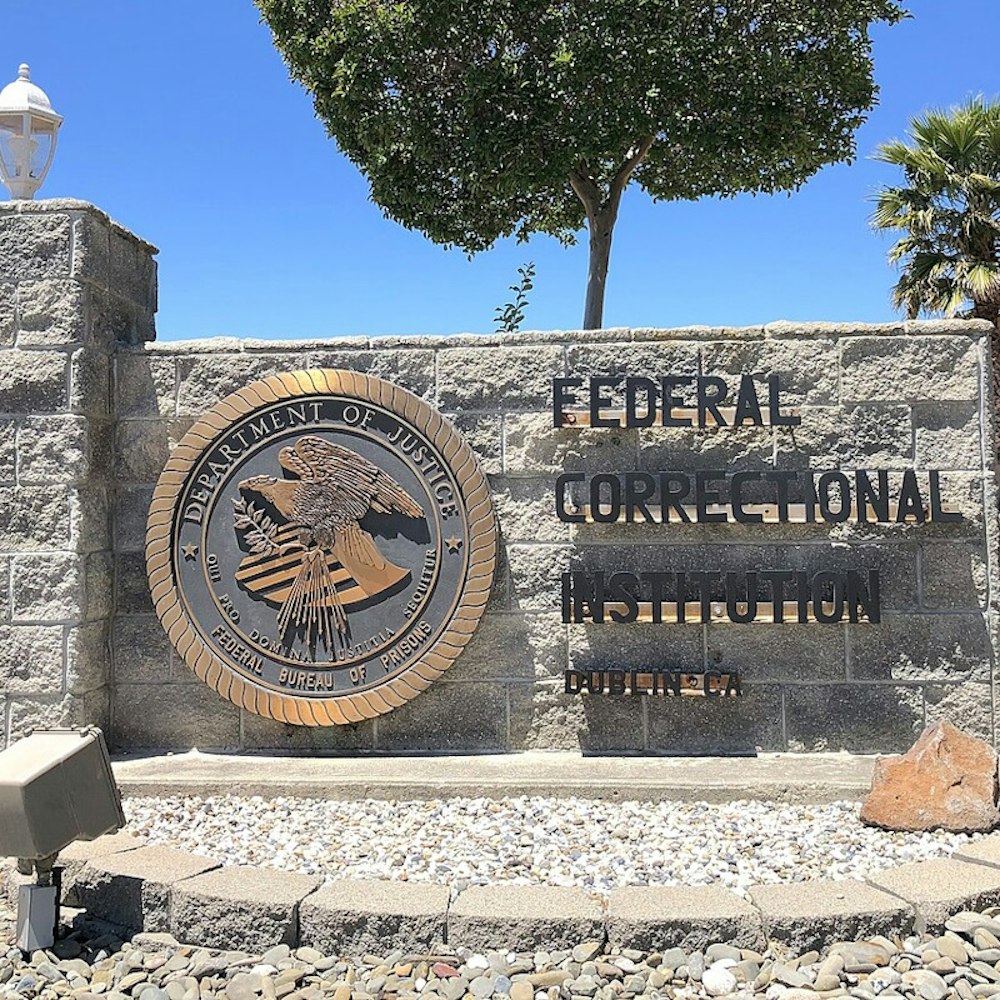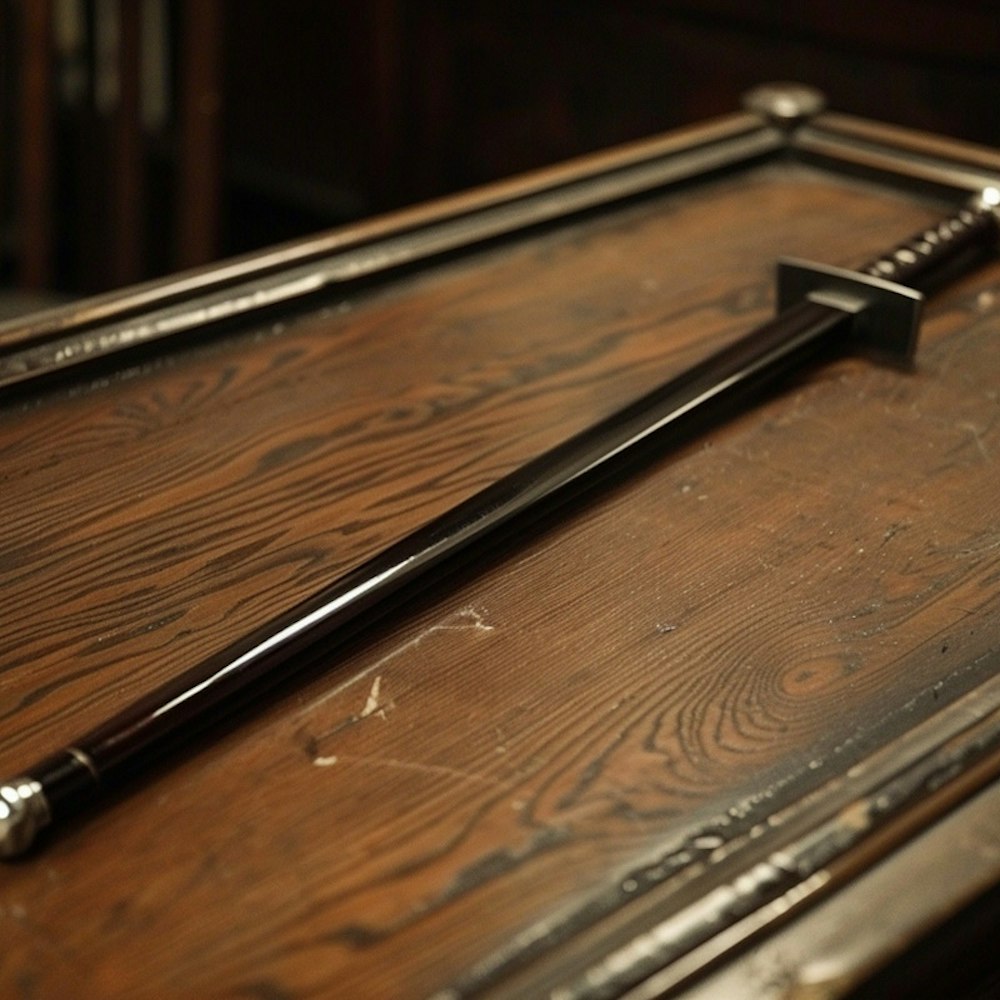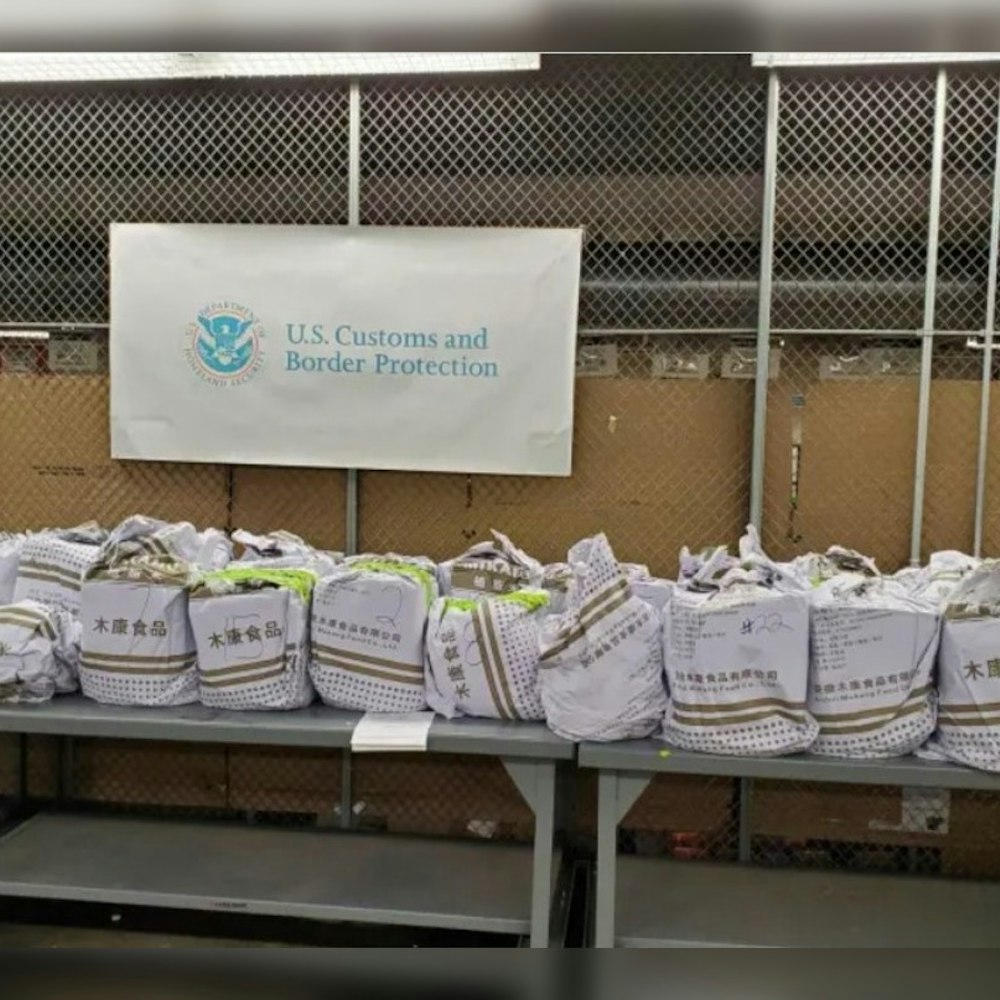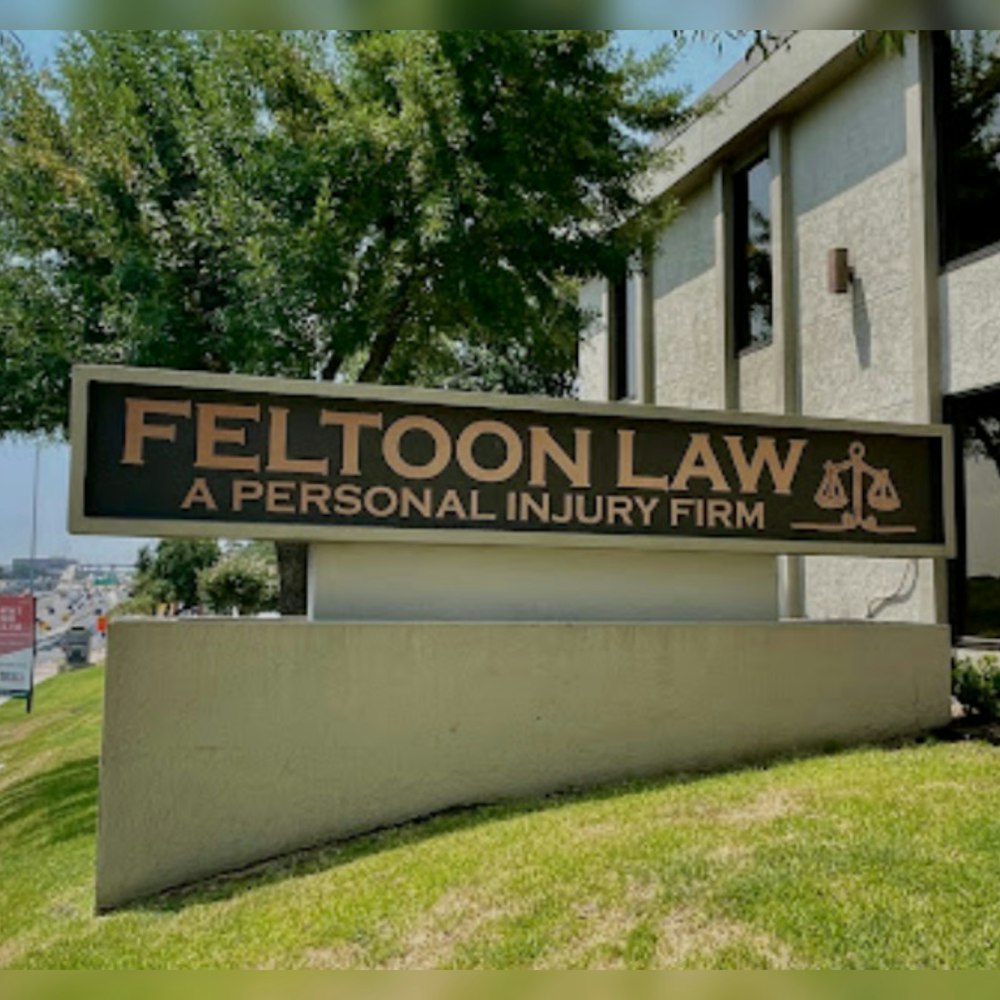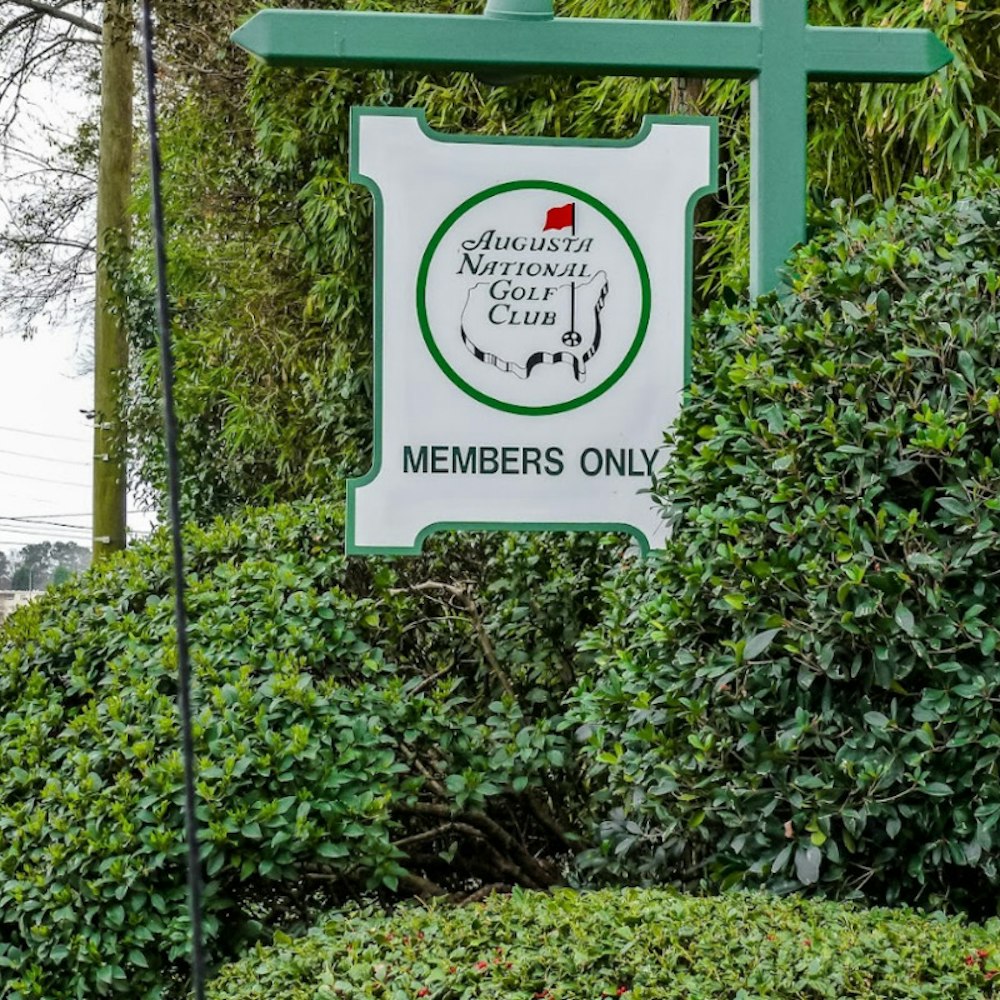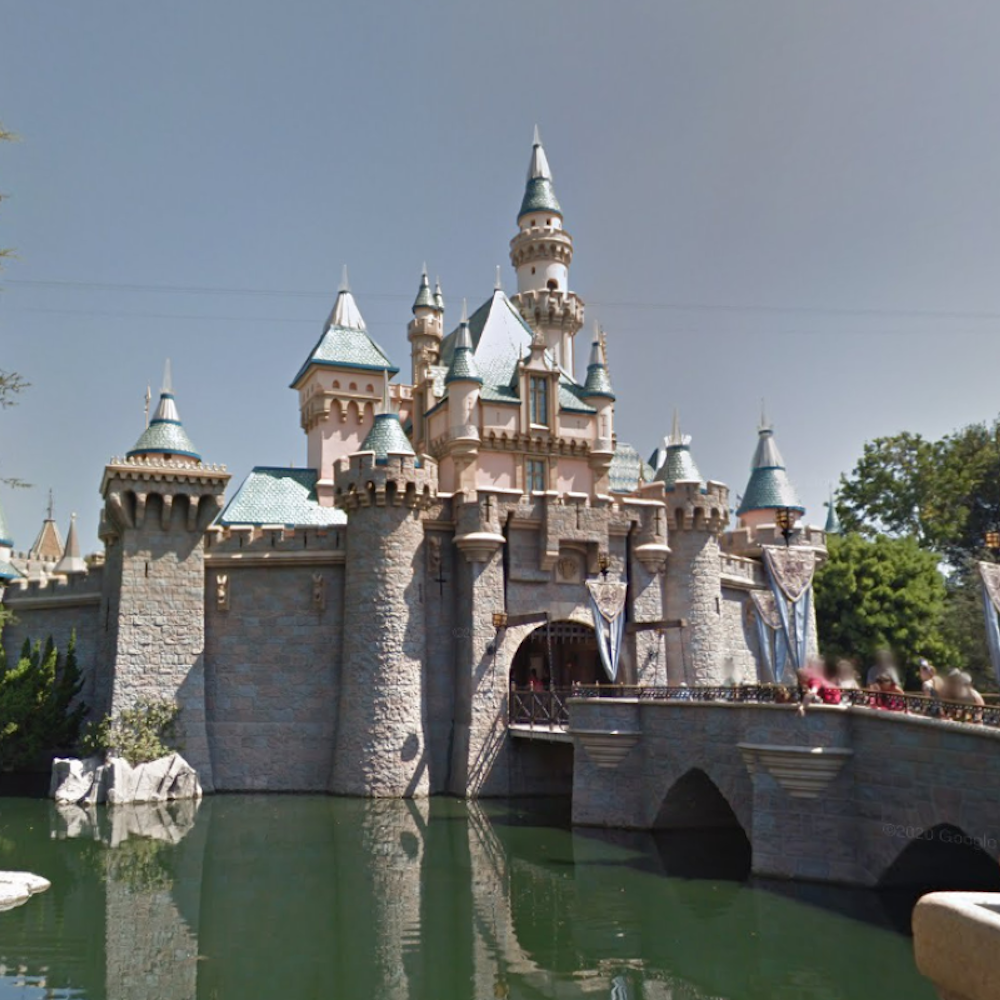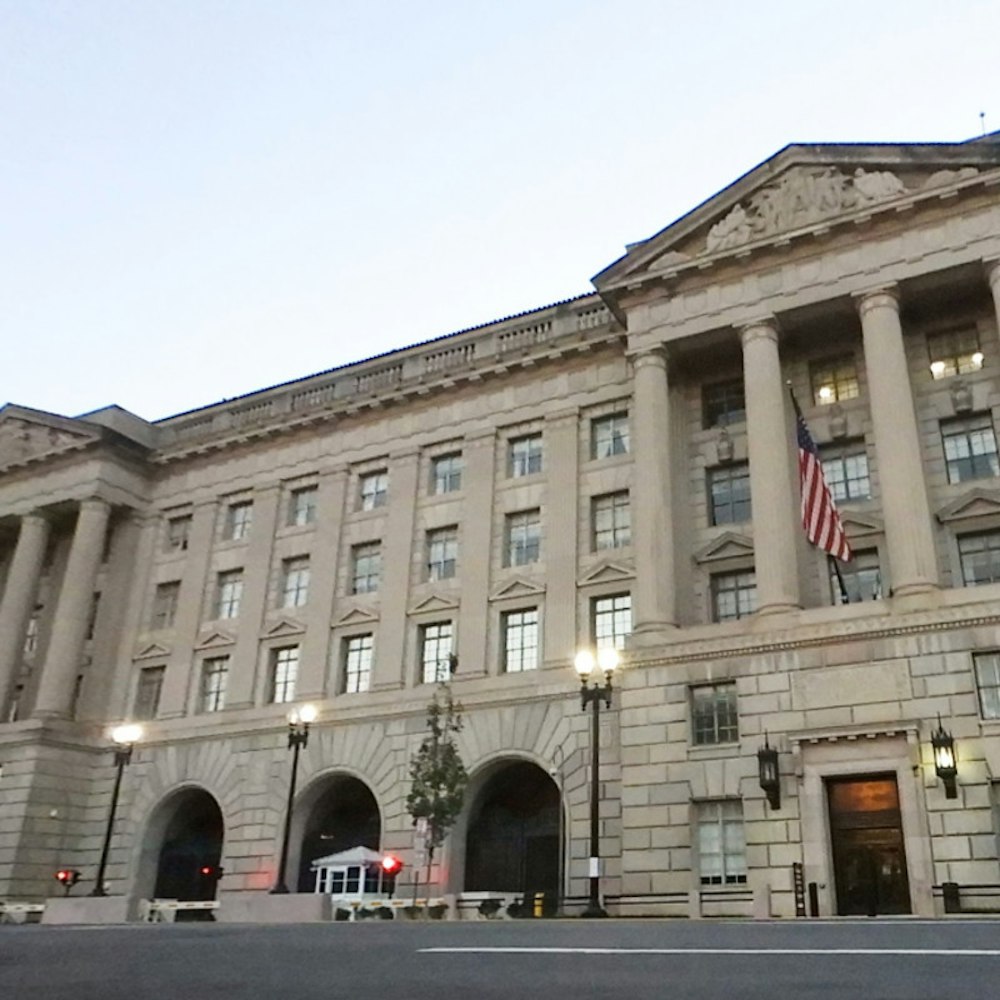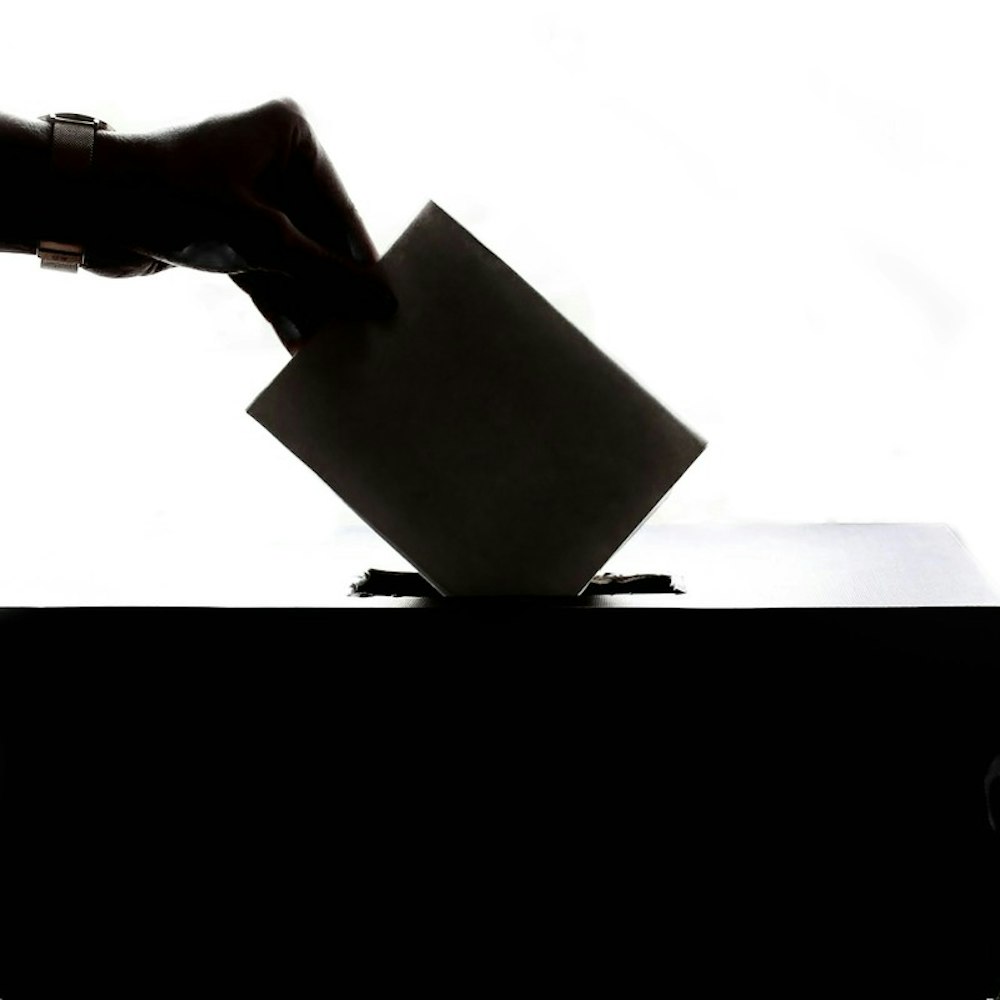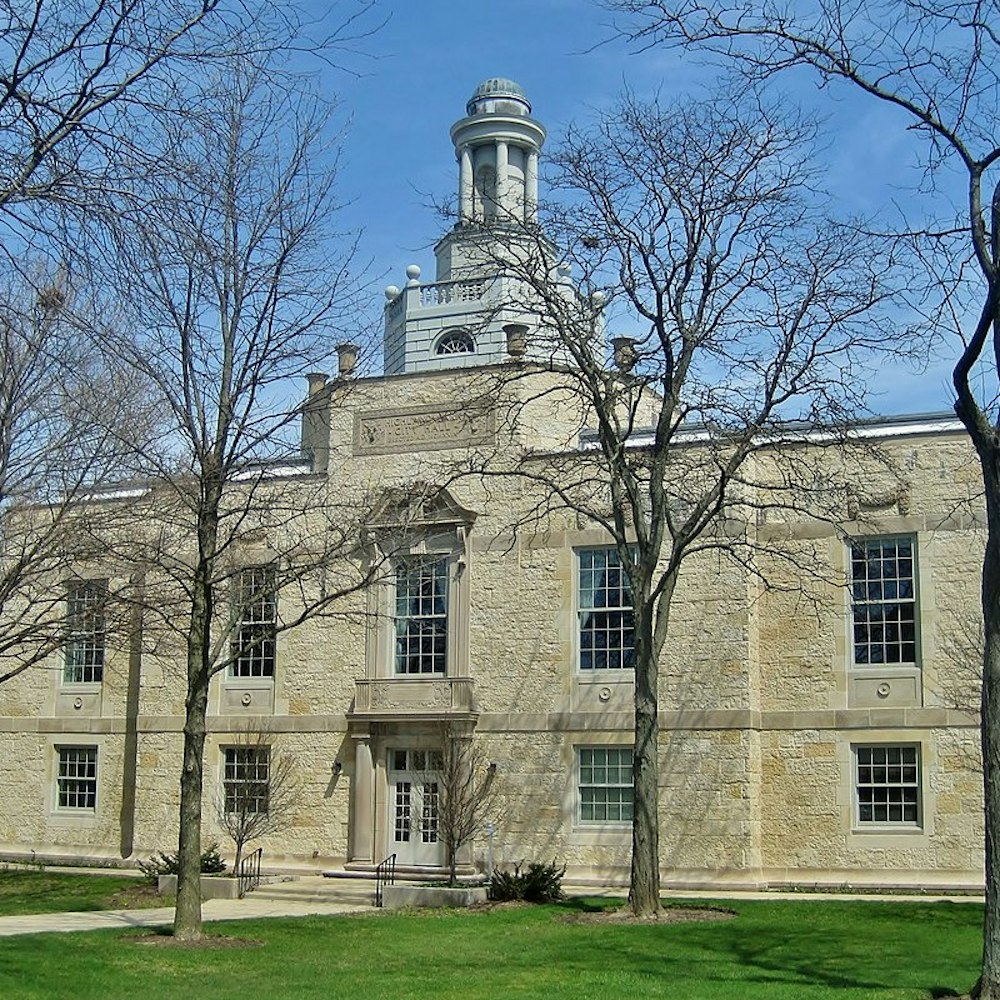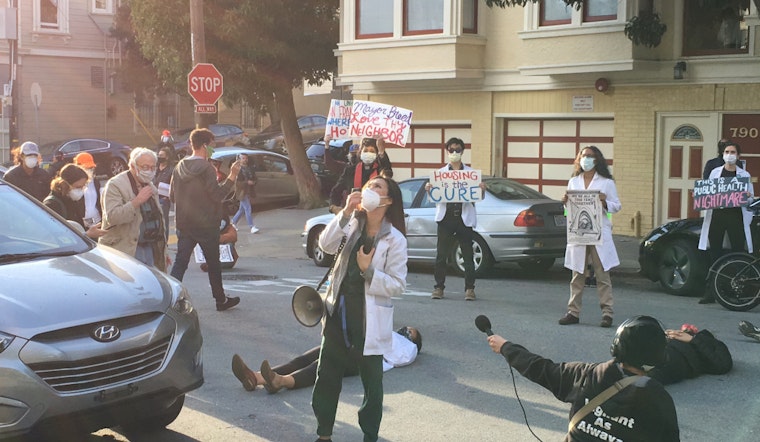
On Thursday evening, eight people laid down in the street in front of Mayor London Breed’s house in the Lower Haight.
Surrounded by dozens of protesters — including healthcare workers, clergy, unhoused people and their advocates — the "die-in" aimed to pressure the mayor into moving the city’s unhoused people into vacant hotel rooms.
“It’s not uncommon — even during a pandemic — for doctors to be completely heartbroken, devastated, and at a loss of what to do when we have to discharge people who are unhoused back onto the streets after being hospitalized,” said UCSF medical student Olivia Park, who participated in the protest.
“That should never happen, and definitely should not happen in the richest country in the world.”
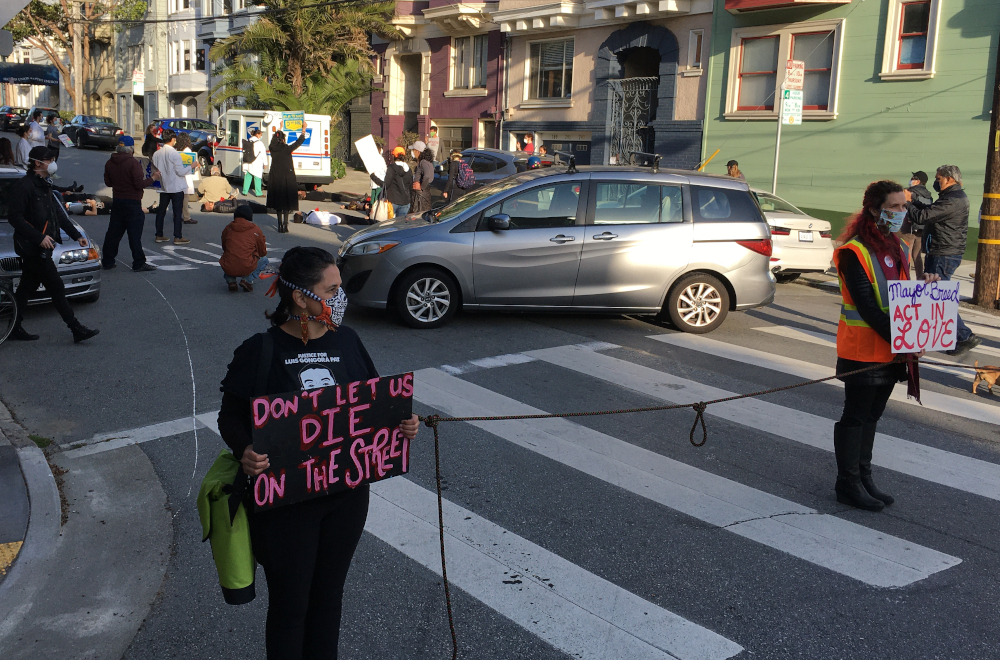
The protesters blocked the street outside of Mayor Breed's home for about an hour before SFPD officers arrived and asked protesters to move onto the sidewalk.
The protest comes after a weeks-long battle between Mayor Breed and advocates for unhoused San Franciscans.
Since the beginning of the shelter-in-place order in March, five members of the Board of Supervisors have urged Breed to move unhoused people out of congregant settings and off of the street into vacant hotel rooms.
The city only agreed to do so for those who were already diagnosed with COVID-19. As a result, the virus spread to more than 100 people at SoMa's MSC South, the city's single largest congregate shelter.
The Board of Supervisors has passed unanimous legislation requiring the city to acquire 8,250 hotel rooms, including 7,000 for the use of unhoused San Franciscans. But last Friday, Mayor Breed published a Medium post declaring that she would not sign it, arguing that there was no way to do so safely in the time period set by the Supervisors.
“I recognize the passion and advocacy behind the legislation, but our urgent actions must be paired with reality," she wrote.
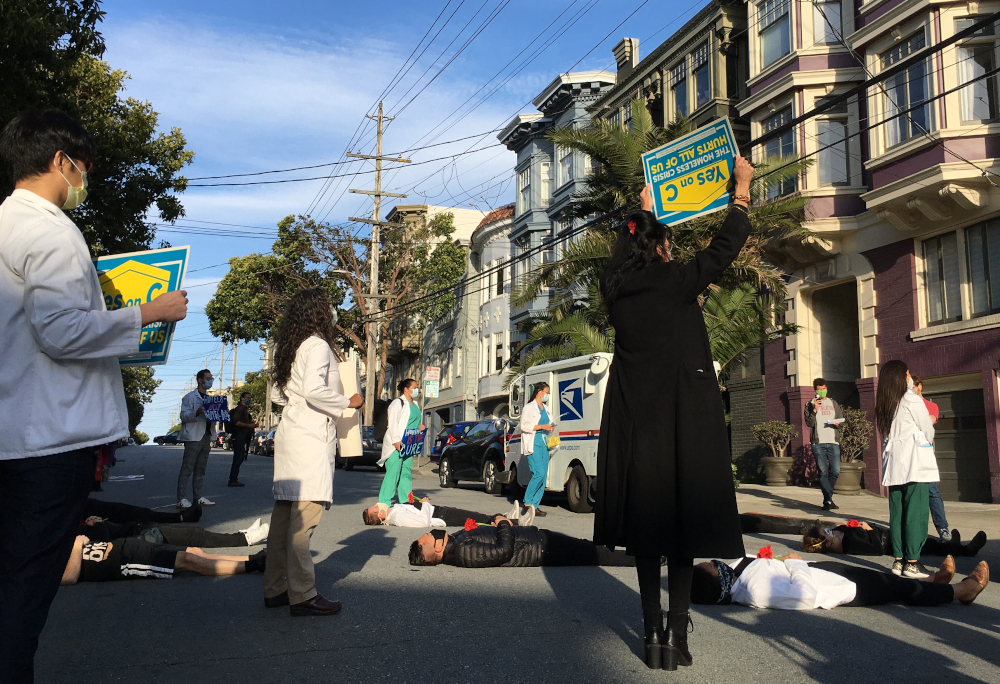
According to data released by the city, the emergency shelter program now has 1,068 occupied hotel rooms, 895 of which are occupied by unhoused people who are either COVID-19 positive, vulnerable to COVID-19, or recovering from the disease. That group represents about 11% of San Francisco's estimated population of 8,011 unhoused people.
Less than half of the 2,100 hotel rooms marked by the city as ready to be used are currently occupied. The city currently has 763 unused rooms dedicated to front-line workers, and 658 unused rooms dedicated to unhoused people diagnosed with, vulnerable to, or recovering from COVID-19.
Another 358 hotel rooms are also set to come online soon, but it's unclear how many will be allotted to each group.
“The city has moved at an inexplicably slow pace to move homeless people into hotels,” said District 5 Supervisor Dean Preston, in comments during Tuesday’s vote by the Board of Supervisors to approve “safe sleeping sites” for unhoused people in schools and parking lots.
There's also no timetable on when the "safe sleeping sites" will be made available, and how many people they'll be able to serve.
“Our first choice remains moving unhoused people into vacant apartments or hotel rooms where they don’t need to share facilities at all,” Preston said. “But hours matter, and we need to minimize all risk to the best of our ability.”
